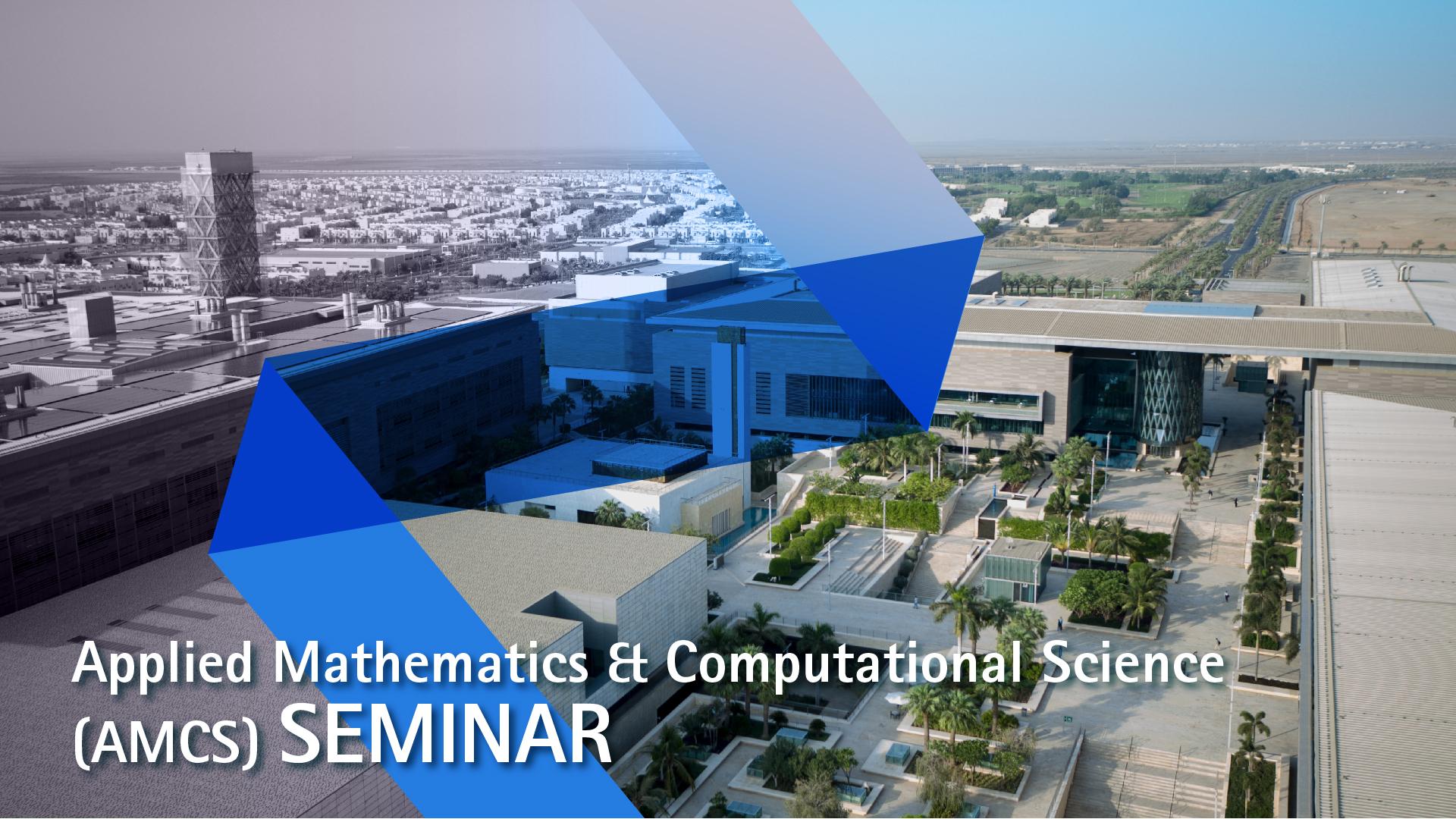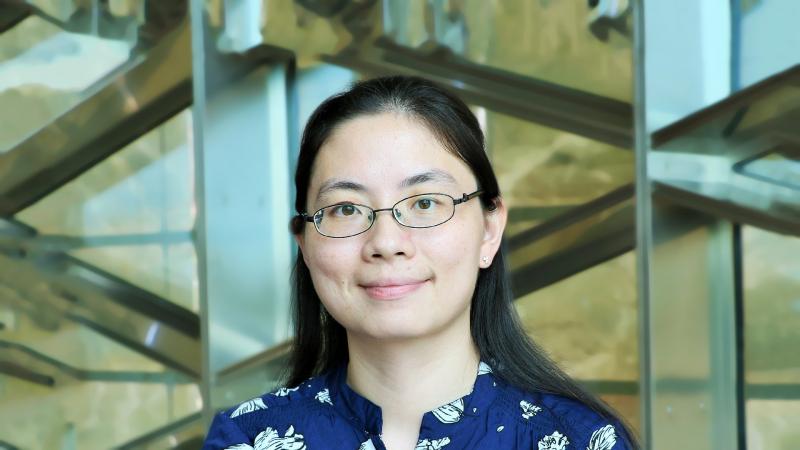Refreshments: Light refreshments will be provided.
Absract
We analyze the photonic topological phases in dispersive metamaterials which satisfy the degenerate condition at a reference frequency, where the hybrid modes are decoupled and determined by two subsystems with degenerate eigenvalues. By introducing the pseudospin states as the eigenfield basis, the Hamiltonians of the hybrid modes represent the pesudospin-orbit interaction with spin 1, which result in nonzero spin Chern numbers that characterize the topological phases. In particular, the two hybrid modes comply with a fermionic-like pseudo time-reversal symmetry that ensures the Kramers degeneracy, leading to the topological protection of the helical edge states. The surface waves at the interface between a dielectric and the metamaterial, which correspond to the transition between a trivial and a topological phase, are analytically formulated in terms of the eigenfields. The topological characters of the helical edge states are further illustrated with the excitation of surface waves at an irregular boundary.
Brief Biography
Ruey-Lin Chern received his Ph.D. degree in Applied Mechanics from National Taiwan University in 1991. He was an Assistant Researcher in Chung-Shan Institute of Science and Technology from 1992 to 2002. From 2002 to 2004 he was a Postdoctoral Fellow in Institute of Physics, Academia Sinica. In 2004, he joined National Taiwan University as an Assistant Professor in Institute of Applied Mechanics, and became Professor in 2011. In 2006, he received the best paper contribution award from the Center of Nanostorage Research at National Taiwan University. In the summer of 2007, he was a Visiting Associate in Department of Mechanical Engineering, California Institute of Technology. In 2009 and 2014, he received the excellent teaching award at National Taiwan University. His current research interests are in the area of nanophotonics, which includes photonic crystals, plasmonic structures, and electromagnetic metamaterials as major research topics.

